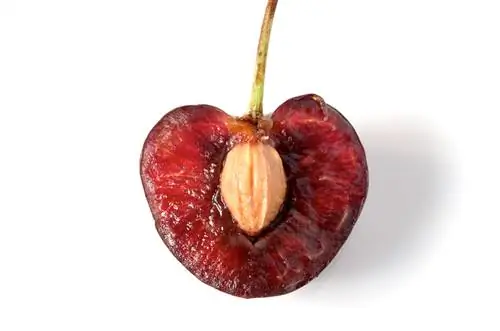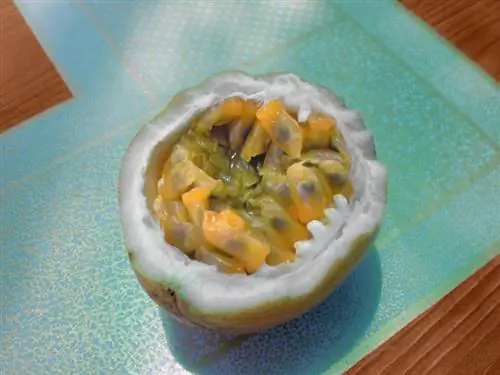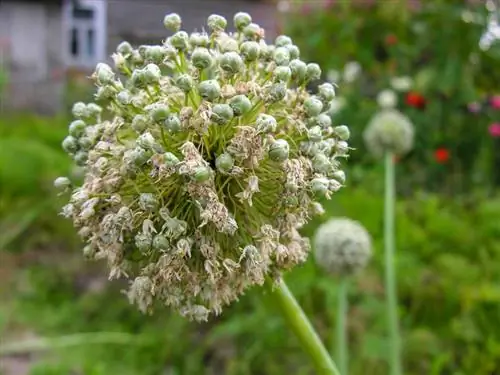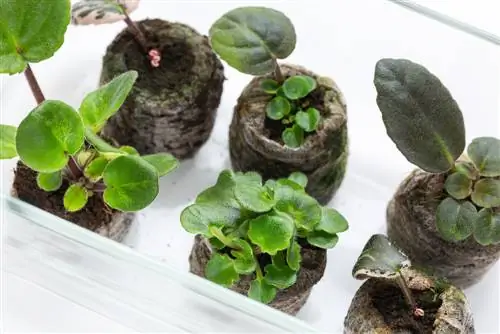- Author admin leonars@hobbygardeners.com.
- Public 2023-12-16 16:46.
- Last modified 2025-01-23 11:20.
In order to decorate your balcony and garden with a dense privacy screen made of black-eyed Susans, you need a lot of plants. This can be expensive, because pre-grown plants from the nursery have their price. It will be cheaper if you simply grow the Black-Eyed Susan yourself.

How can I grow Black-Eyed Susan myself?
To grow black-eyed Susans yourself, sow seeds indoors early or take cuttings from August onwards. For an ideal location, choose sunny, wind-protected places with trellises. Watering, fertilizing and cutting out dead flowers regularly promotes growth.
Sowing Black-Eyed Susans
Sowing is the easiest way to grow many specimens of the climbing plant.
You can get seeds from gardening stores. You can also harvest the seeds from existing plants. All you have to do is leave a few flowers so that the seed can develop.
Sow Black-Eyed Susan indoors as early as possible. It can take a good 15 weeks from sowing to flowering.
Growing new plants from cuttings
From August you can also take cuttings to propagate black-eyed Susans yourself. The shoots must not be too short and not yet woody.
Cuttings cut in late summer must be overwintered frost-free. They are not put outside until the following spring.
The right location is important
You can plant black-eyed Susans in the garden, for example on a fence or railing, or grow them in a pot on a balcony or terrace.
When planting in pots, use planters that are as large as possible so that the climbers can spread out easily.
Black-eyed Susan needs at least three hours of sun per day. Therefore, plant or place them in as sunny a place as possible.
Protect from wind and rain
In rainy summers, the climbers bloom little or hardly at all. If possible, you should provide the Black-eyed Susan with a rain cover.
The climbing plant also does not tolerate wind well. If you don't have a place protected from the wind, provide wind protection. Walls or trellises made of boards are very good.
How to care for your home-grown black-eyed Susans
- Set up trellis
- Water moderately but regularly
- Fertilize once or twice a month
- Cut out faded flowers
A stable climbing aid is important so that the climbing plant can twist upwards in a counterclockwise direction.
Tips & Tricks
The black-eyed Susan is a climbing plant native to Africa. It does not tolerate frost. If you want to care for them for several years, you have to overwinter them indoors.






